Diponegoro University Master of Epidemiology Study Program held an evaluation of cooperation related to the Field Epidemiology Training Program (FETP) and the Indonesian One Health University Network (INDOHUN). This activity was held on August 27-29, 2024, at Hall D and Hall A of the Faculty of Public Health, Diponegoro University. This activity is very important to discuss the evaluation of the results of the collaboration between FETP UNDIP and INDOHUN.
Diponegoro University’s Field Epidemiology Training Program (FETP) under the curriculum of the Master of Epidemiology Study Program began working with INDOHUN for 5 years starting in 2019 until 2024. The purpose of this collaboration is to implement One Health in teaching and learning activities in the Field Epidemiology program.
This meeting took place at the end of the cooperation year, which ran from May to August 2024. There were 5 meetings with a total of 5 aspects discussed as well as dissemination to convey the results of this evaluation to stakeholders. The 5 aspects, including aspects of evaluating program management and achievements, aspects of students and graduates, lecturers and education personnel, program curriculum, and evaluation of FETP UNDIP – INDOHUN cooperation.
The evaluation of the collaboration between FETP UNDIP and INDOHUN resulted in several policy recommendations to stakeholders and Diponegoro University as those who will continue to run FETP with the implementation of One Health in it. These recommendations include the Ministry of Higher Education, Science and Technology as the Ministry in charge of higher education, the Ministry of Health as the administrator of the field epidemiology program, and Diponegoro University.
With the results of this collaboration, it is expected that One Health Implementation should be added to the FETP curriculum, such as in Mentorship training, collaboration with other agencies. In addition, the COHFE Guidelines can enrich teaching materials in case studies of zoonotic diseases or those that can potentially cause outbreaks so that the application of One Health across sectors can be well implemented.
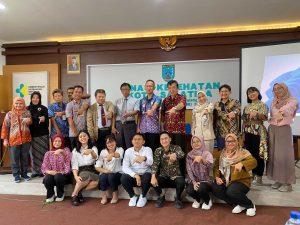
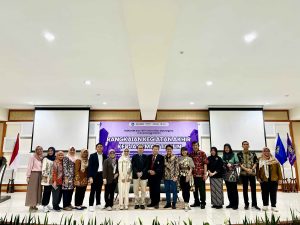
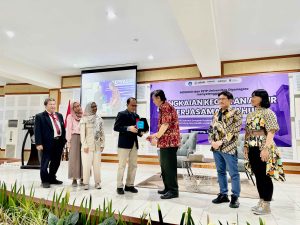
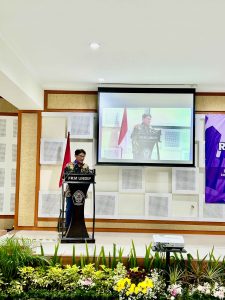


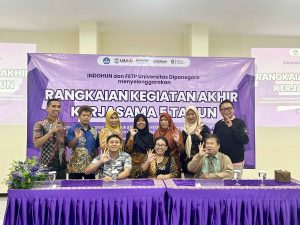



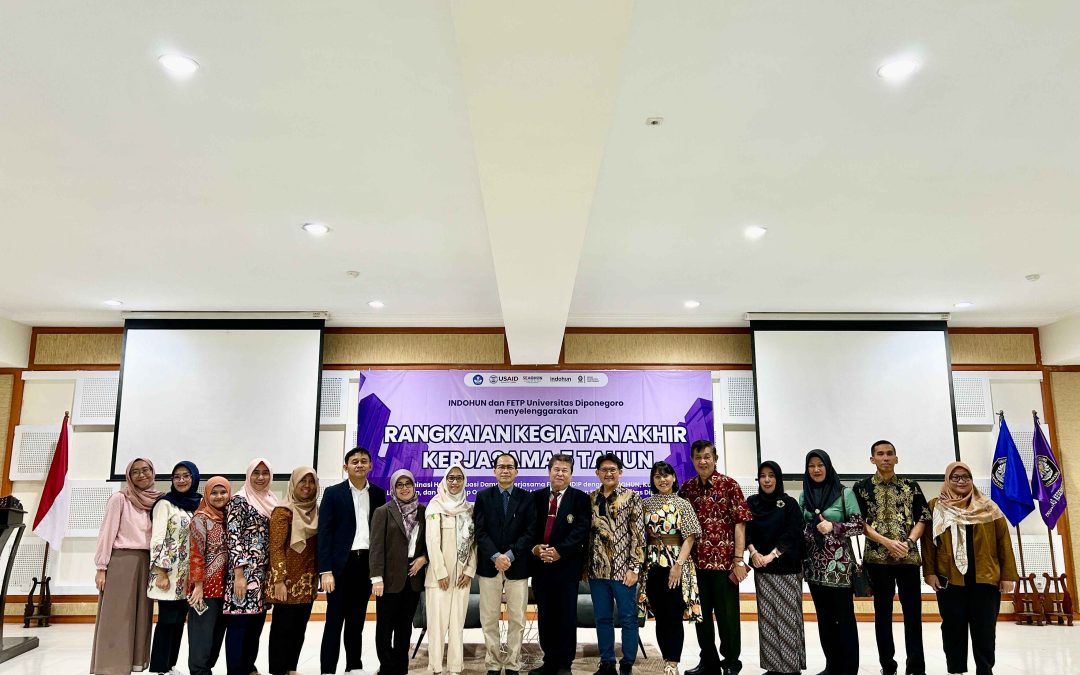
Recent Comments